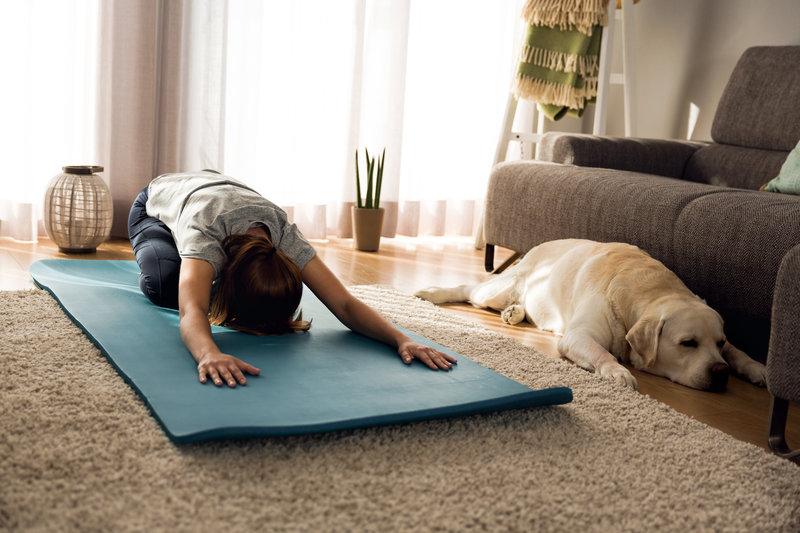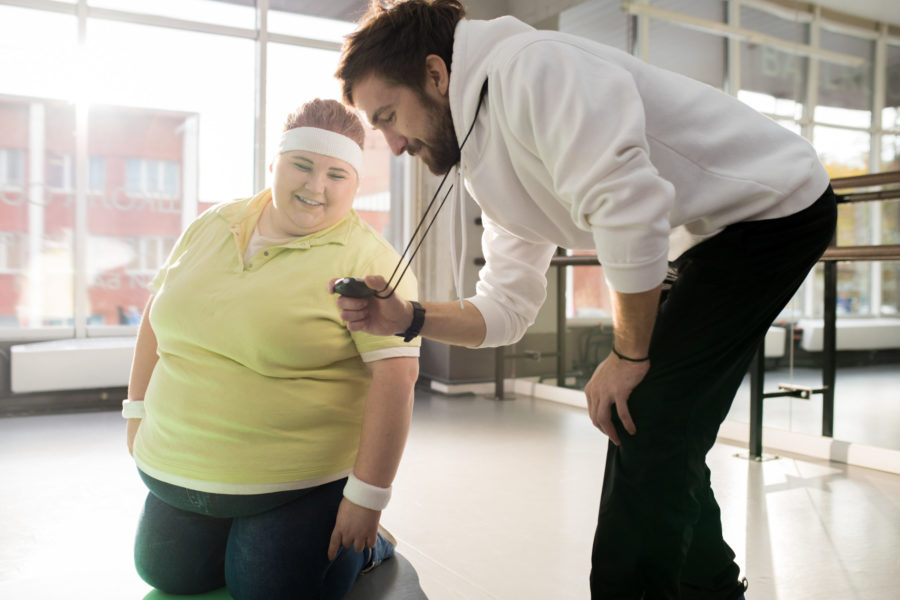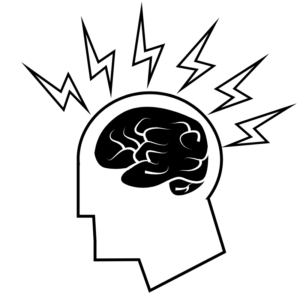If you are feeling fatigued then you are not alone. Chronic fatigue affects millions of Americans and many more have not been diagnosed. Still, we tend to view a diagnosis as a death sentence and there is nothing further from the truth when it comes to fatigue. There is a lot that you can do to address fatigue and not only lessen it but reverse it and banish it from your life for good.
We know that change can be overwhelming which is why we have kept our tips to a small number of five. Rather than choosing a few quick fixes that don’t actually alter something like chronic fatigue, we focused on the five most significant changes you can make to improve your health and end chronic fatigue for good. We think that each of these techniques is equally important but understand that you may want to focus on one or two of these at a time. Regardless of your approach take a look at our five picks for the best techniques for managing fatigue.
Make Exercise Part of Your Routine

When you’re feeling fatigued and lacking energy the last thing you likely want to do is get some exercise. However, that is precisely what your body needs to produce long-term and sustainable energy.
The type of exercise is entirely up to you, but as a general rule of thumb aim for 15 minutes of high-intensity exercise where your heart is beating at 80% of your maximum followed by 15 minutes of moderate-intensity aerobic exercise for a total of three times a week. Include some kind of strength training exercises 2-3 times a week where you are actively building muscle mass. You want to exercise 4 or 5 days a week.
Why exercise? Exercise provides you with GABA, Endorphines, and a whole host of other amazing beneficial neurochemicals. It helps you to produce BDNF which causes you to relax, think more clearly and learn more efficiently, and it aids in weight loss and keeping weight down. Exercise gives energy, reduces stress and takes away pain thanks to those awesome endorphins. Over time as you incorporate exercise into your weekly routine your energy levels will increase and your fatigue will become a thing of the past.
Lose Weight

If you are carrying around extra weight, lose it. We know that this is much easier said than done but this is one of the biggest triggers for fatigue. Having too much fat on our bodies can slow us down, make us feel sluggish, add pressure to our joints and ligaments, make us depressed, and mess with our hormones. It goes without saying that a healthy weight is a cornerstone of a healthy body. So get the weight down.
Exercise helps to keep the weight off and is our number one technique for managing fatigue but you are going to see more weight loss if you are eating less. If you’re not sure how to lose weight ask the opposite question: How did I gain weight to begin with? This is the first step to examining your behaviors to target for change so that you can keep the weight off for life. Are you eating out several days a week? Are you skipping too many meals and the binging on sugar? Are you generally just eating too many calories. Are you drinking your calories at night and on the weekends? Most of us are guilty of some of if not all of these at some points in our lives.
High fat or low fat? Meat-fueled or plant-fueled? While it is difficult to pinpoint which macronutrients to focus on for you to achieve optimal weight loss, it is possible to look at a number of trendy diets and analyze what they all have in common. Whether you’re paleo, keto, vegetarian, Meditteranean, or vegan all of these diets have a couple of things in common- they all have a focus on plants (yes, even keto diets) and they all promote eating whole foods. Plants are low in caloric density while being filled with water (hydrated). When something is hydrated it’s plump and takes up more space in our stomach. Eating plants is not only a great idea for your overall health, but is also a fantastic way to feel full for longer. The jury is still out on protein and fats but carbohydrates (particularly the ones found in green leafy vegetables) are a fantastic way to get energy and fill your plate no matter which diet you follow. The question you should ask yourself with any diet is: is this sustainable for me? Is this a solution I can make permanent?
Drink Less Alcohol

As we mentioned earlier, drinking too much alcohol certainly causes weight gain. Though alcohol has a sneaky way of tiring you out and making you fatigued. We all know that alcohol is a depressant. This is why a number of people actually use alcohol to begin with. The fact is that fatigue comes from a “hamster wheel” lifestyle where we work hard and play hard to compensate for the days of working hard. The alcohol takes a toll on our body through inflammation and causes us to feel more tired during the day. We over caffeinate to make up for this and then to come down off of the exertion. We have no choice but to depress our bodies.
It’s easy to get into a pattern of using alcohol nightly to help us wind down and relax after a nerve wracking day of commuting, meetings, work, kids, and more housework. There’s likely just an hour or two left in your day for winding down (if you’re lucky) and a hot bath and relaxing music may not be possible time-wise. Are you this person? Do you know a friend or two or three who are this person? What would you advise that friend? Would you give yourself the same advice?
Pick a day of the week to drink less. Maybe you start your weekend a day earlier on Thursdays and coast through Friday with a hangover. Can you skip drinking on Thursday or drink just one unit? What can you do instead of drinking to make that part of the night feel special? Yoga is a great option but not everyone has a great relationship with yoga. Some great choices are: nighttime stroll, take a bath, have sex, read, write in your journal or maybe do some mindfulness exercises.
Do Mindfulness Exercises Daily

Mindfulness this and mindfulness that. We don’t know about you, but when something is trending our tendency is to switch it off. When it comes to mindfulness, however, we are making the exception. If you’re exercising and eating right you are taking direct care of your body. Your good habits are likely paying off, but what about your incredible brain? Do you believe in the mind-body connection? Do you believe that your brain is changeable?
You should because the latest science about the brain is life-changing. If you are living and breathing then there’s hope. Neuroplasticity explains that our brains are plastic and changeable. This means that what we believed about “fixed personalities” and “fixed states of mind” are not true. In fact, the opposite of this is likely more what we could describe as the truth. Our brains are changing all the time whether we like it or not and we have control over what comes in and changes our brain. Like with everything that is worth doing it takes practice and time to change our brains.
Mindfulness practices are tangible exercises that change your brain for good. Feeling lower than low because of your fatigue? Change that with mindfulness.
- Practice Mindful Breathing
- Practice Mindful Awareness
- Notice Your Thoughts Don’t Judge Your Thoughts
- Practice Positive Mantras
Sleep Well

Getting a good night’s sleep will help to improve your fatigue. Many people trade their sleep for progress touting slogans like “I’ll Sleep When I’m Dead.” We mentioned earlier in our section titled “Drink Less Alcohol” that winding down and relaxing at night are difficult tasks. Sleep deprivation contributes to fatigue for obvious reasons but not enough people emphasize tackling their sleep issues.
Finding it difficult to get to sleep or make time for sleep? Try the following:
Be sure to practice good sleep hygiene. Try to wake up at the same time each day and only head to bed when you are tired and ready to fall asleep. Switch off your devices a couple of hours before bed and that includes the TV. Find other ways to relax your mind with mindfulness that we mentioned above, a relaxing hobby or intimate time with a partner. When you find yourself tossing and turning to get back up and try again. Keep your alarm set even if you didn’t sleep well. Eventually, after a few weeks, your body will get into a rhythm and you’ll be able to sleep better and better. Keep a sleep journal and if you are still struggling don’t hesitate to try CBT for insomnia.

